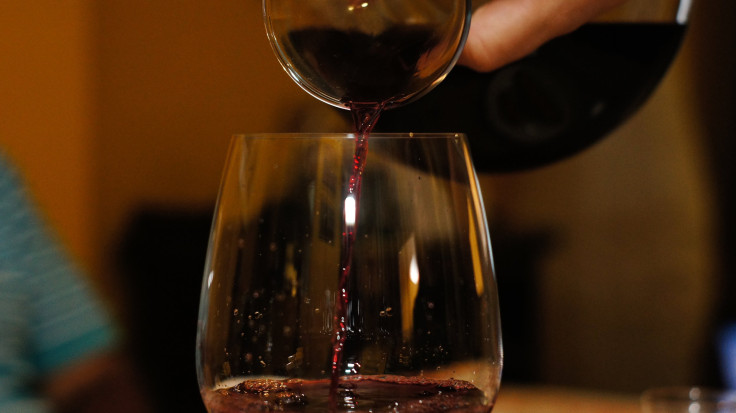Drinking Wine After Working Out? Why The Brain May Crave Alcoholic Drinks After Exercise

Craving a Guinness after a long run? It’s not unusual for athletes, gym rats, cyclists, and other exercise enthusiasts to uncork a bottle of wine or grab a beer from the fridge after a good sweat session. Two new studies have now found it may have less to do with replenishing burned calories and more to do with the brain’s search for reward.
A research team at Pennsylvania State University examined the health of 150 men and women between the ages of 18 and 75 in order to piece together the relationship between alcohol consumption following exercise. Participants were asked to fill out a thorough questionnaire about their lifestyles, then download a smartphone app to record daily drinking and exercise habits. The data they entered into the app was automatically sent to the researchers for 21 consecutive days, each over the course of three different seasons.
When researchers analyzed the data, which were published in the journal Health Psychology, a distinct pattern emerged between the days a participant exercised and the days they consumed alcohol. The study’s authors wrote, “People drank more than usual on the same days that they engaged in more physical activity than usual.”
It didn’t matter what time of year it was; if a participant reported they exercised more than the norm, then they drank more than on days they didn’t exercise as much. The results provide the most in-depth evaluation of the link between exercising and alcohol consumption, the researchers said.
Now that the researchers discovered there was a definitive link, they needed to find out why. So they turned to the brains of lab rodents for answers. In their second study, published in the journal Frontiers in Psychiatry, researchers found both exercise and alcohol increased activity in regions of the brain related to reward. When the rodents ran vigorously during the exercise, they also sipped eagerly on ethanol, their version of alcohol. The rewards from both activities were processed differently in their brains, which led researchers to believe the high they got from either activity encouraged them to engage in both exercise and alcohol consumption.
When it comes to humans, the slight high a person feels after walking out of the gym may coax their brain to search for ways to extend and enhance the feeling. This could be when they turn to a beer or glass of wine. There may also be a social aspect to the whole exercise and alcohol relationship. Sports teams, for example, often go to bars for celebratory drinks after a winning game. The routine then becomes ingrained. It teaches people on a subconscious level that after exercise, their brain will be rewarded not only from the exercise but also from the camaraderie of their teammates and the buzz from a drink following a game.
Source: Conroy DE, Ram N, and Pincus AL, et al. Daily Physical Activity and Alcohol Use Across the Adult Lifespan. Healthy Psychology. 2015.
Leasure JL, Neighbors C, Henderson CE, and Young Cm. Exercise and Alcohol Consumption: What We Known, What We Need to Know, and Why it is Important. Front Psychiatry. 2015.



























